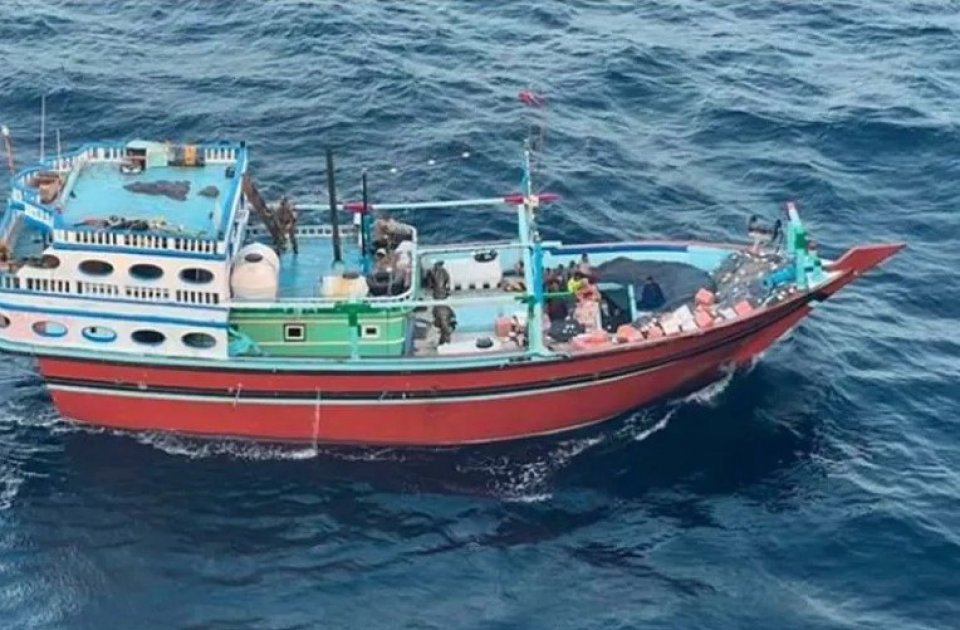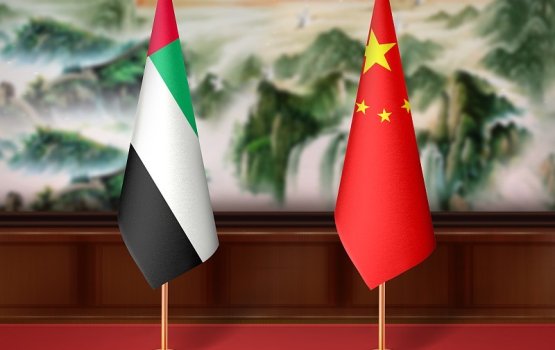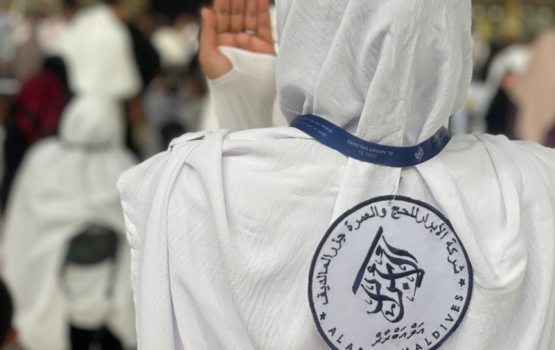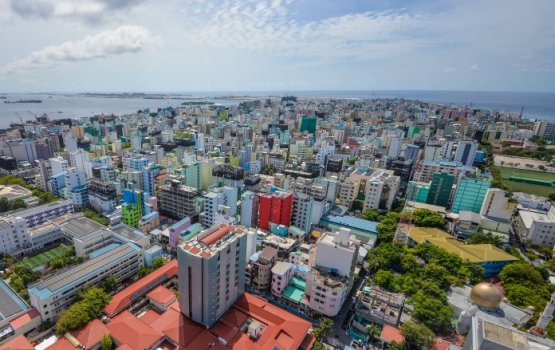A Pakistani national accused by US officials of carrying Iranian-made missile parts to Houthi rebels in Yemen is to remain behind bars awaiting trial.
During a detention hearing in a federal court on Tuesday, federal prosecutors charged Muhammad Pahlawan with attempting to smuggle a warhead and other weapons. The suspect was arrested in January amid US efforts to avert the Iran-aligned Houthis targeting of shipping in the Red Sea.
In court documents, federal prosecutors said Pahlawan refused to slow the unflagged dhow when the US Navy attempted to board and “shouted for the crew to burn the boat before the Navy could board it”.
The operation in the Arabian Sea, which took place on January 11, left two Navy SEALs dead.
Finally, the documents added, another crew member had stepped up to the engine and stopped the boat.
Pahlawan is also being prosecuted for lying to US coastguard officers when he claimed to be an engineer rather than a captain.
FBI Special Agent Lauren Lee testified that Pahlawan later contradicted himself, saying: “I am in command of the boat.”
But Pahlawan’s lawyer argued that the interpreter used by US officials may not have spoken Punjabi, Pahlawan’s language.
Assistant US Attorney Troy Edwards Jr said the most serious charge against the Pakistani national – intentionally transporting a warhead knowing it would be used by Houthi rebel forces – constituted a federal crime of terrorism, carrying a maximum prison sentence of 20 years. Making material false statements carries a maximum of five years in prison.
Three of Pahlawan’s crew members were also ordered detained following the hearings on Tuesday, charged with lying about his identity as captain, the weapons on board and the ship’s departure from Iran. Ten other crew members are being detained under the federal material witness law.
An FBI agent wrote in an affidavit that crew members had been in contact multiple times by satellite phone with a member of Iran’s Islamic Revolutionary Guard Corps (IRGC). US forces say they seized Iranian-made advanced conventional weaponry, including critical parts for medium-range ballistic missiles and antiship cruise missiles, a warhead, and propulsion and guidance components.
The Houthis, who control large parts of war-torn Yemen, have repeatedly targeted ships in the Red Sea and surrounding waters over Israel’s war on Gaza.
They have frequently targeted vessels with commercial ties to the United States, the United Kingdom and Israel in the Red Sea and the Gulf of Aden, disrupting a route that accounts for about 15 percent of the world’s shipping traffic. (AlJazeera)







